STEM summer scholars program celebrates diverse new cohort
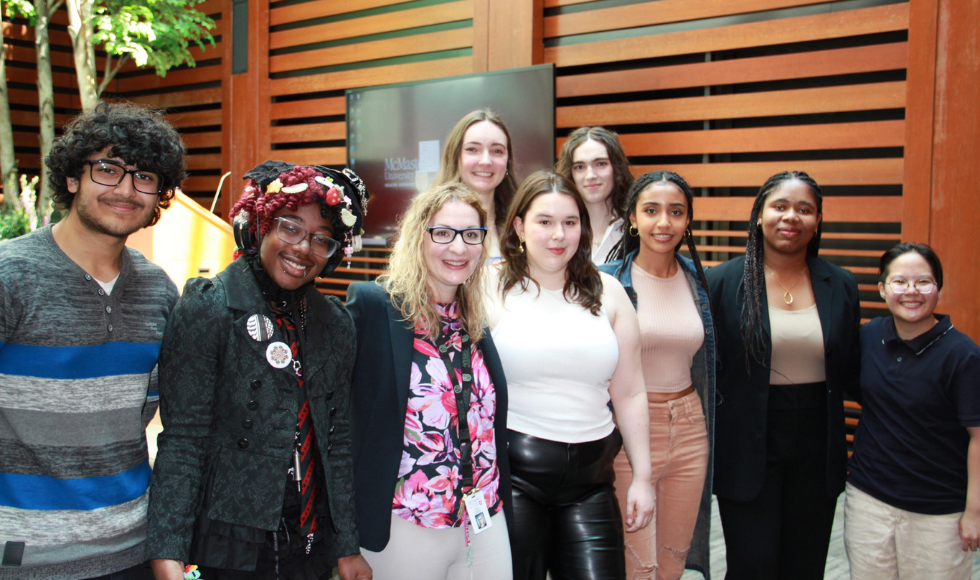
This year's Summer Scholars Program run by the department of Biochemistry and Biomedical Sciences was chaired by Professor Monica De Paoli, third from left. The program offers 12-week summer research scholarships to Ontario-based undergraduate students who identify as Black, Indigenous, and/or 2SLGBTQIA+.
The Biochemistry and Biomedical Sciences Summer Scholars Program (SSP) recently graduated its third cohort of scholars.
The highly competitive program, which promotes diversity in STEM, offers full summer research scholarships to Ontario-based undergraduate students who identify as Black, Indigenous, and/or 2SLGBTQIA+.
Run by the department of Biochemistry and Biomedical Sciences and supported by Global Nexus and the Michael G. DeGroote Institute for Infectious Disease Research (IIDR), the program includes an intensive two-week research skills training bootcamp and a 10-week laboratory placement.
Students in this year’s cohort conducted research into range of important biomedical topics, including avian flu, Alzheimer’s disease, cancer and obesity.
This year, the program was chaired by assistant professor Monica De Paoli, who says the program was as rewarding for her as for the students.
“I am so happy to have played a role in helping these students develop the skills that would help them succeed in this program and hopefully beyond,” De Paoli says.
“It was so beautiful to watch them grow into such a strong, cohesive group of people, and I loved seeing them gel together and become close friends.”
The new graduates recently presented their research at the program’s annual capstone symposium.
Here, each student reflects on their research and their time in the program.
Sharon Okoroma
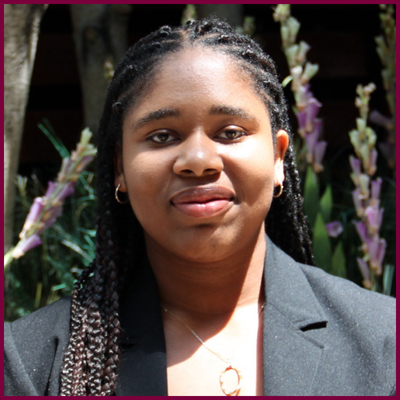 Prior to her time in the SSP, Sharon Okoroma had virtually no lab experience. The program helped her develop new skills and confidence in a very short time.
Prior to her time in the SSP, Sharon Okoroma had virtually no lab experience. The program helped her develop new skills and confidence in a very short time.
“Within one week, I went from learning basic pipetting skills to confidently working in tissue culture,” she says.
Okoroma took her new skills to the laboratory of Professor Dawn Bowdish. There, she examined how the lung microenvironment changes with age, sex, and frailty.
Okoroma, a level-two Health Sciences student at Queen’s University, says her time at McMaster taught her a lot more than just science.
“The SSP not only provided me with technical skills, but also underscored the importance of representation and support for underrepresented minorities in biomedical research and STEM fields overall,” she says.
“I am grateful for the opportunity that the SSP has given me to continue advocating for equity and diversity in science.”
Alyss McPherson
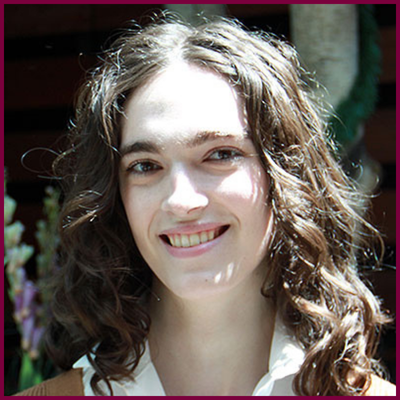 For Alyss McPherson, a fourth-year student in McMaster’s Chemical Biology program, the SSP was an opportunity to challenge herself in new ways.
For Alyss McPherson, a fourth-year student in McMaster’s Chemical Biology program, the SSP was an opportunity to challenge herself in new ways.
Studying in the laboratory of professor Yingfu Li, McPherson spent her summer performing kinetic analyses, helping to assess the applicability of deep sequencing for optimizing methods of evolving DNAzymes.
The experience in Li’s lab and the SSP equipped her for her next big challenge, and introduced her to some “truly incredible people,” McPherson says.
“The SSP was one of the most challenging experiences of my life, but I can’t think of a better environment to have faced those challenges in,” she says.
“I don’t think I could possibly overstate the positive impact that this program had on me — it was genuinely life-changing.”
Meri Woldeyes
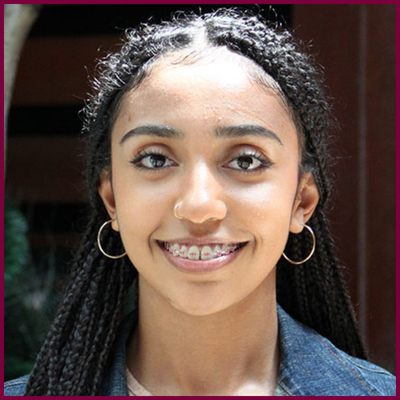 A third-year McMaster Nursing student, Meri Woldeyes came to the SSP with a range of clinical insights but very little basic science experience.
A third-year McMaster Nursing student, Meri Woldeyes came to the SSP with a range of clinical insights but very little basic science experience.
“Research was foreign to me given my academic background, so I was uncertain going into the program,” she says.
But the SSP quickly put those uncertainties to rest, equipping her with the necessary “skills, supports, and resources” to be confident in a lab setting.
Woldeyes studied in the laboratory of associate professor Sara Andres. Her project focused on using high-throughput screening to identify compounds that inhibit the protein interactions of Pseudomonas aeruginosa, a disease-causing bacteria associated with serious illnesses, like pneumonia.
Woldeyes says her experience with the SSP helped re-ignite her passion for learning and research and left her feeling grateful.
Ruhaim Ali
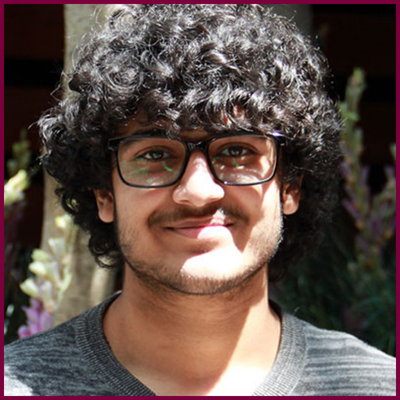 The two-week skills training bootcamp made a huge impression on Ruhaim Ali.
The two-week skills training bootcamp made a huge impression on Ruhaim Ali.
Learning the “tips, protocols, and techniques” that would guide him through his lab placement was invaluable, and helped him forge meaningful relationships with his fellow scholars, he says.
“It was such an amazing start to the program and really helped build my confidence in the lab,” says Ali, who recently transferred into McMaster’s Bachelor of Health Sciences program.
“It was an easy way to feel out the program and get closer with my cohort.”
Ali spent his summer studying the nematode C. elegans in the laboratory of assistant professor Lesley MacNeil.
Using C. elegans, Ali investigated avenues of potential neuroprotection against Alzheimer’s Disease.
Tommy Akinnawonu
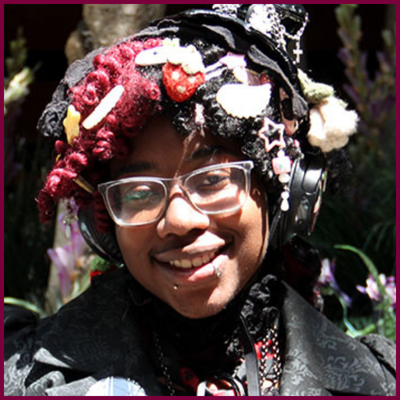 Tommy Akinnawonu, a second-year biomedical sciences student at Toronto Metropolitan University, spent his summer at McMaster learning the ins and outs of lab research.
Tommy Akinnawonu, a second-year biomedical sciences student at Toronto Metropolitan University, spent his summer at McMaster learning the ins and outs of lab research.
Training in the laboratory of Matthew Miller, executive director of McMaster’s Global Nexus and scientific director of the IIDR, Akinnawonu’s research focused on quantifying existing immunity to H5N1 avian influenza in Canada based on previous exposure to H1N1 — a highly topical research project, as H5N1 cases are on the rise in the US.
Of all his lab work throughout the summer, Akinnawonu says he particularly enjoyed X-ray crystallography, which allows researchers to examine the molecular structure of crystallized samples.
“We toured a beautiful crystallography lab and were able to try it ourselves,” he recalls. “Doing the experiment and seeing what our days of preparation turned out to be was really rewarding.”
Above all, he’ll remember the “instrumental” support provided by his fellow scholars, by de Paoli, and by Felicia Vulcu and Vivian Leong, who helped facilitate this year’s program.
Emalee Fannin
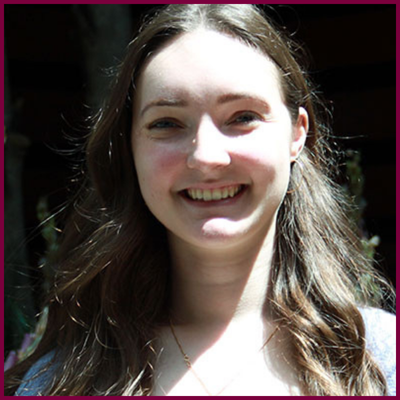
Working in the laboratory of Jonathan Bramson, Vice-Dean of Research in McMaster’s Faculty of Health Sciences, Emalee Fannin spent her time in the SSP assembling and cloning plasmids suitable for testing against tumour cells.
While the entire SSP experience was unforgettable, Fannin says the bootcamp in particular allowed her to foster close relationships with her peers.
“During the research experience, it was so nice to have formed these relationships so that we could discuss what we were working on and learn from each other,” says the third-year Integrated Biomedical Engineering & Health Sciences student.
“This program was a very memorable, enjoyable experience, and I’m grateful to have had the opportunity to learn so much over the course of the summer.”
Julian Trinh
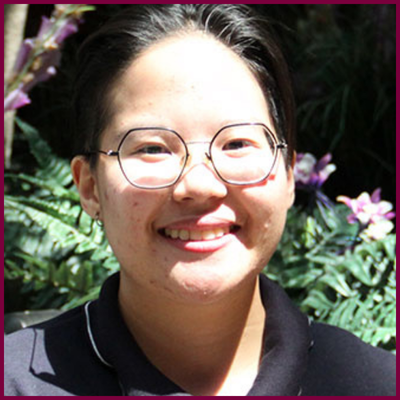 The SSP was “one of the coolest and most positive experiences” of Julian Trinh’s undergrad.
The SSP was “one of the coolest and most positive experiences” of Julian Trinh’s undergrad.
A fourth-year biology student at Toronto Metropolitan University, Trinh spent his summer at McMaster studying in the laboratory of Alison Holloway, a professor in the department of Obstetrics & Gynecology.
There, he investigated the impacts of naphthenic acid fraction compounds from the Alberta Oil Sands on granulosa cells.
“Everyone in the Holloway Lab was so generous, and they fully embraced me as part of their team,” he says. “It has been incredible to learn and grow with the other scholars in such a supportive space. This program is something I’ll never forget, and everything I’ve learned will stay with me forever.”
Amee Scribe
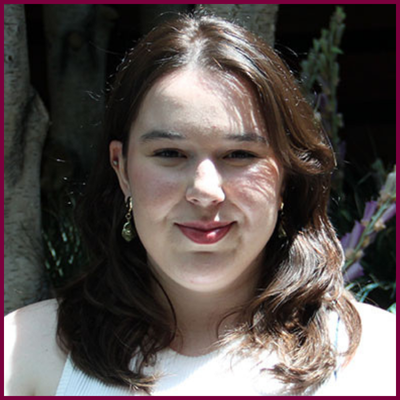 Amee Scribe spent her summer training in the laboratory of professor Jonathan Schertzer. There, the third-year McMaster Biology student examined tissue-specific effects of obesity on traditional markers of trained innate immunity.
Amee Scribe spent her summer training in the laboratory of professor Jonathan Schertzer. There, the third-year McMaster Biology student examined tissue-specific effects of obesity on traditional markers of trained innate immunity.
The research project and the program taught her critical skills and helped her feel comfortable in the lab, Scribe says.
“The SSP was extremely memorable for me, and I learned so many applicable skills during the bootcamp and my placement,” she says.
“Everyone in the Schertzer Lab was extremely kind and helpful in teaching me about their research and the field as a whole.”

